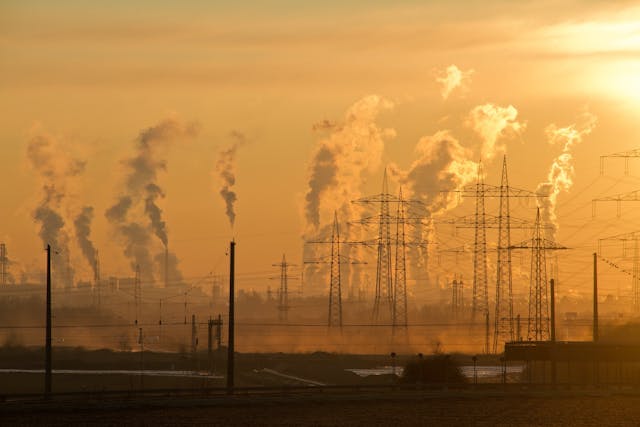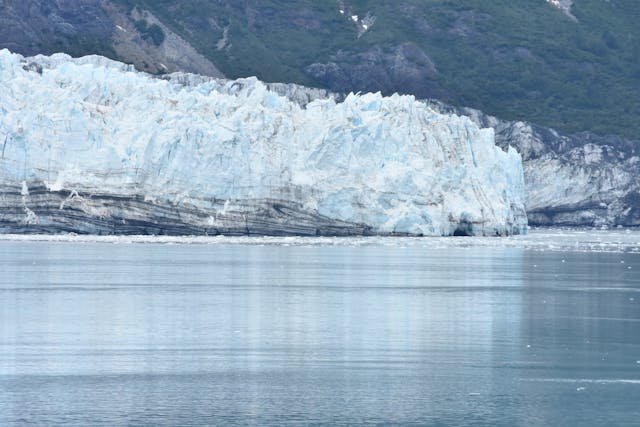Climate Change and Its Effects on Ecological Balance
Climate change is one of the greatest challenges facing our planet. Rising temperatures, shifting weather patterns, and increasing greenhouse gas emissions are disrupting natural ecosystems. These changes threaten biodiversity, food security, and the delicate balance that sustains life on Earth.

How Climate Change Impacts Ecosystems
Ecosystems are finely tuned networks of plants, animals, and microorganisms. Climate change affects them in multiple ways:
- Temperature shifts: Warmer temperatures can alter species’ habitats, forcing migration or causing extinction.
- Changing precipitation patterns: Droughts, floods, and irregular rainfall disrupt plant growth and water availability.
- Ocean changes: Rising sea levels and ocean acidification affect marine life and coral reefs, reducing biodiversity.
Even small shifts in climate can have cascading effects across ecosystems, affecting food chains and natural cycles.
Loss of Biodiversity
As habitats change, some species struggle to survive:
- Extinction risk: Specialized species with narrow habitat ranges are particularly vulnerable.
- Invasive species: New conditions can favor non-native species, disrupting local ecosystems.
- Pollination and reproduction: Changes in temperature and seasonality affect plant reproduction and pollinator activity.
Biodiversity loss reduces ecosystem resilience, making environments less able to recover from disturbances.
Impacts on Human Life
Ecosystem disruptions directly affect humans:
- Food security: Changes in rainfall and temperature affect crop yields and fisheries.
- Health risks: Altered ecosystems can increase the spread of disease through vectors like mosquitoes.
- Natural resources: Forests, wetlands, and freshwater systems are stressed, impacting water supply and materials.
Healthy ecosystems are essential for human survival, making ecological balance a critical concern.
Steps to Mitigate Ecological Impact
Combating climate change and protecting ecosystems requires coordinated action:
- Reduce greenhouse gas emissions: Shift to renewable energy, promote energy efficiency, and minimize fossil fuel use.
- Protect habitats: Establish and maintain conservation areas to support wildlife.
- Sustainable practices: Promote responsible agriculture, fishing, and forestry to reduce environmental stress.
- Community engagement: Encourage awareness and action at the local level through education and advocacy.
Even small individual actions, like reducing waste or planting trees, contribute to larger efforts.

Final Thoughts
Climate change disrupts ecological balance, threatening both natural systems and human well-being. Understanding the connection between climate shifts and ecosystem health is essential for developing effective solutions. By reducing emissions, protecting habitats, and embracing sustainable practices, we can help restore balance and preserve the planet for future generations












